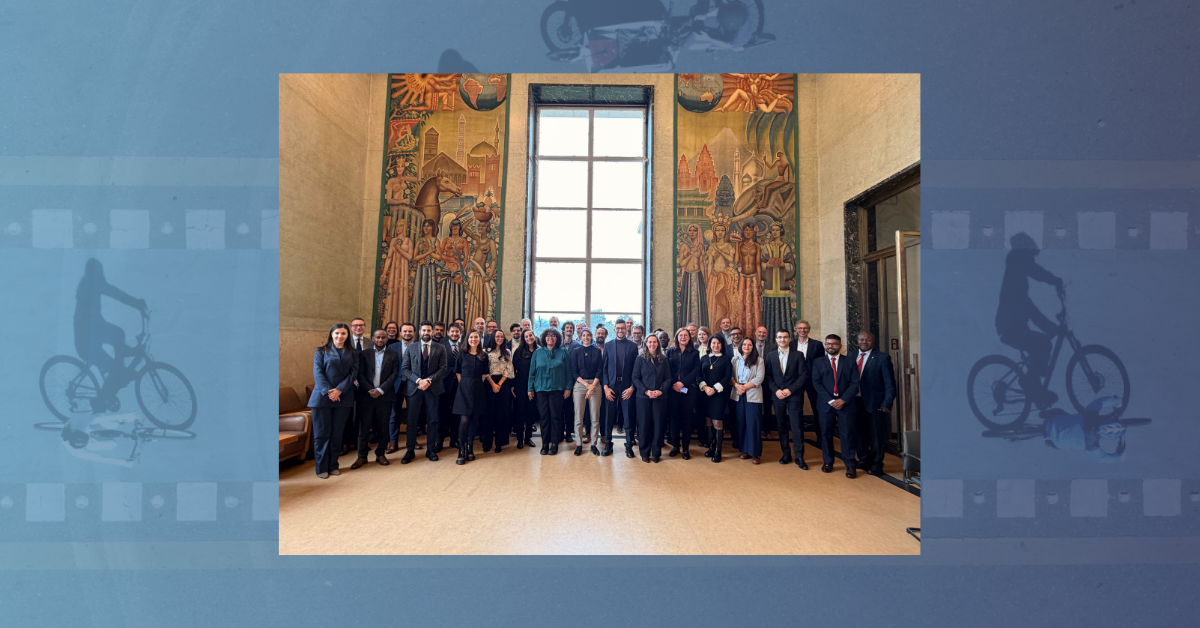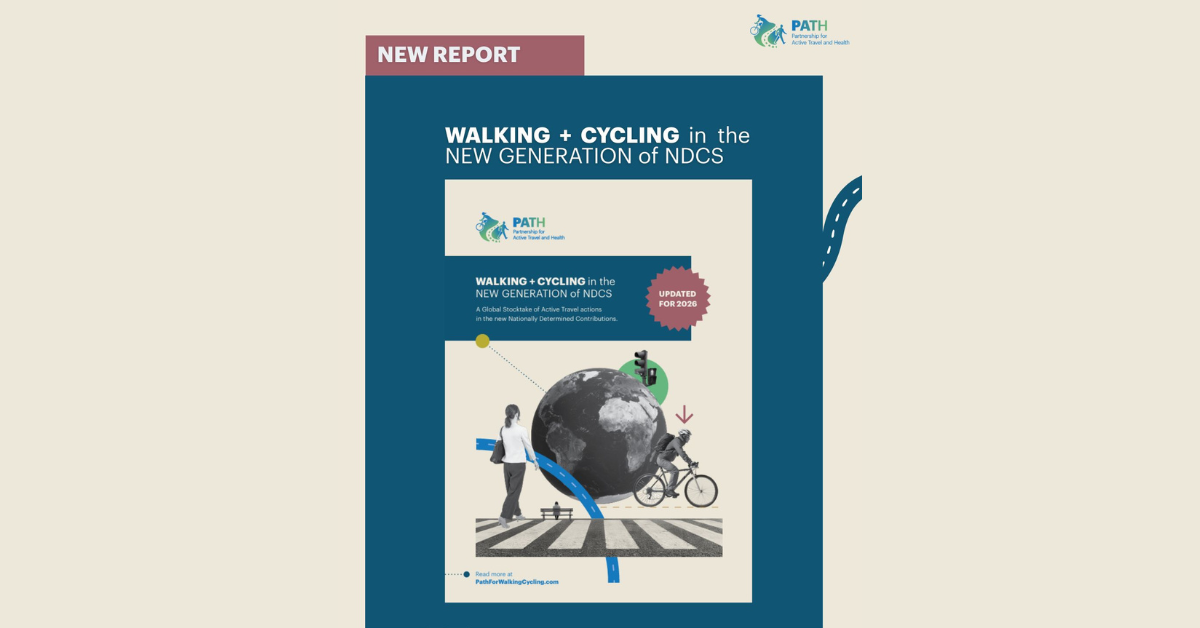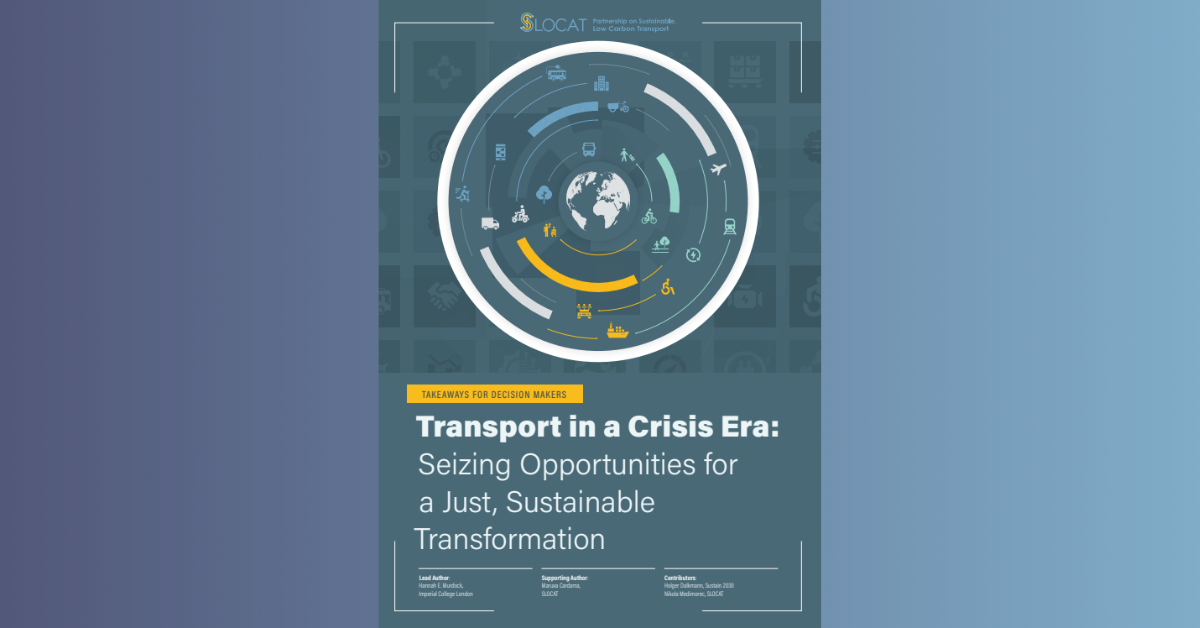by SLOCAT | Sep 10, 2013 | News
Three reports released by the UN Environment Programme (UNEP) evaluate and summarize options for low carbon city planning, non-motorised transport (NMT) and infrastructure risks due to climate variability in India. The reports were published as part of the project on...
by SLOCAT | Jul 1, 2013 | News
UN Under-Secretary-General for Economic and Social Affairs Wu Hongbo, in an editorial in the ‘Huffington Post,’ has outlined next steps following on the outcome of the UN Conference on Sustainable Development (UNCSD, or Rio+20), which concluded a year...
by SLOCAT | Jan 16, 2013 | News
The ADB project is supporting the expansion of “green” bus services in the People’s Republic of China, an initiative that will benefit low-income commuters, improve air quality and reduce GHG emissions. The initiative is in line with the $175 billion...
by SLOCAT | Dec 7, 2012 | News
The International Energy Agency’s (IEA) Implementing Agreement on Bioenergy (IEA Bioenergy) newsletter notes that while bioenergy can contribute to Austria’s renewable energy targets, new technologies for transport fuels will need to be suported, while also...
by SLOCAT | Dec 6, 2012 | News
The UN Environment Programme (UNEP) and the UNEP Risø Centre (URC) December’s newsletter includes stories on the Technology Needs Assessment (TNA) project and electrification in Africa, including efforts within the Sustainable Energy For All Initiative (SE4ALL). The...
 Insights & Data
Insights & Data
 Actions & Change Makers
Actions & Change Makers
 Advocacy & Engagement
Advocacy & Engagement
 Impact Stories
Impact Stories
 Our Strategic Plan
Our Strategic Plan
 Our Vision
Our Vision








